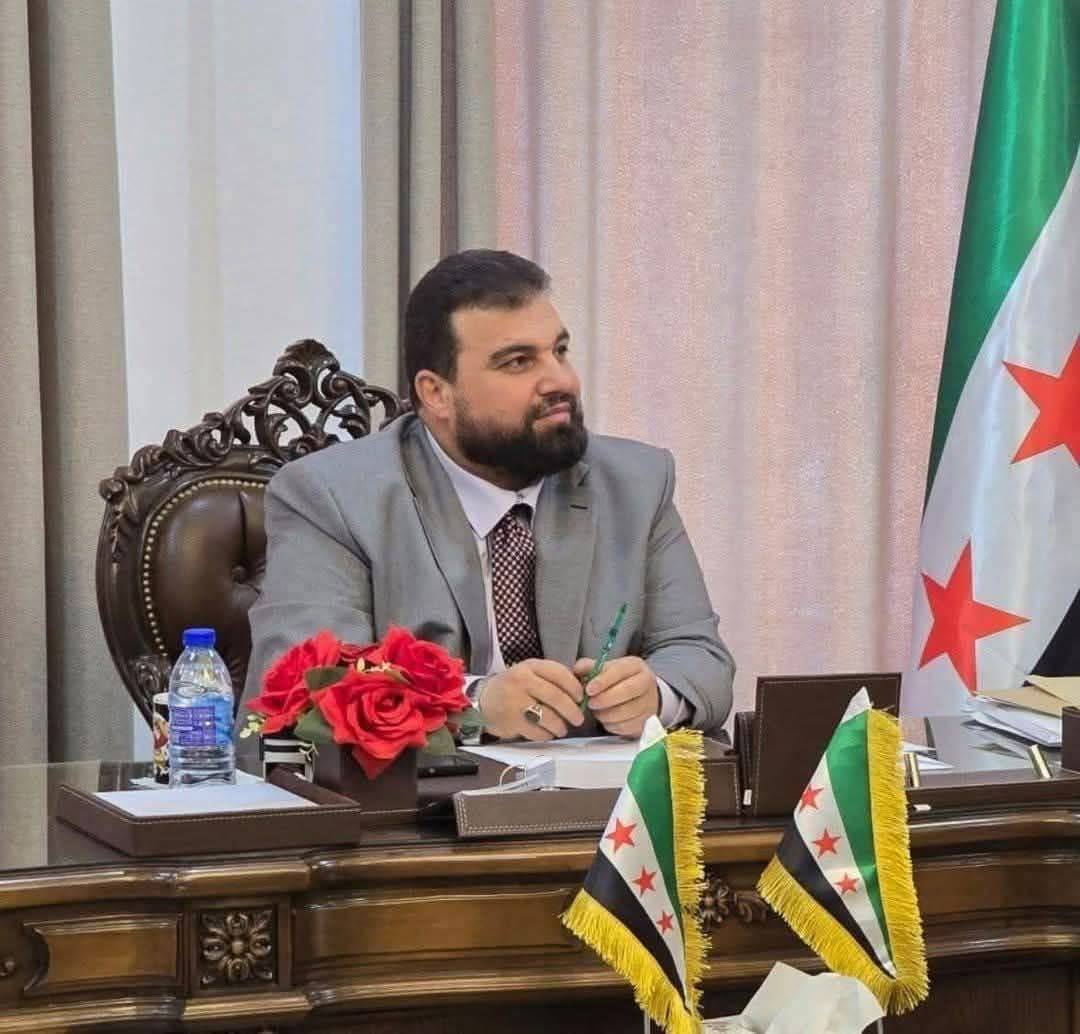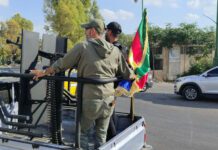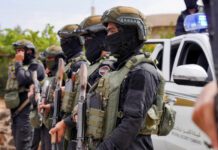
Dr. Mustafa al-Bakour, governor of Suwayda, submitted his resignation to President Ahmad al-Sharaa on Friday, two days after he was briefly held at gunpoint during an armed assault on the governorate building.
Confrontation Undermines Security Reforms
The resignation, confirmed by the Suwayda Governorate’s media office, came after what officials described as months of tension and repeated efforts by Bakour to resolve disputes through “reason, wisdom, and dialogue.” It followed a dramatic May 21 incident in which armed men stormed the main government building demanding the release of a relative convicted of car theft in Damascus.
“This was an unprecedented attack on state authority and civic stability,” said Suwayda’s Public Relations Director Ali al-Rifai. He identified the attackers as a group led by Fadi Nasr and Tariq al-Maghoush, who brandished automatic weapons at Bakour, government staff, and security personnel before forcing the release of the convicted man.
Factions Intervene and Community Responds
The local Mountain Brigade faction intervened to expel the armed group, while the Men of Dignity movement secured a safe exit route for the attackers, averting further violence. Governor Bakour, speaking to Al-Ikhbariya, praised the intervention and reiterated that “enforcing the law and protecting security in Suwayda Governorate is an irreversible choice.”
Religious and civic leaders quickly condemned the attack. Sheikh Hamoud al-Hanawi, spiritual leader of the Druze community, labeled the incident “absolutely unacceptable,” stressing that “those responsible must be held accountable.” He described Bakour as “a respected figure who bears a national responsibility for ensuring the safety and stability of the people.”
Hanawi revealed that the governor had told him, “I will not accept that a single drop of blood is shed because of me,” a sentiment echoed by Suwayda residents and activists who expressed solidarity with Bakour and dismay over the lawlessness displayed during the attack.
Security Agreement Faces Crucial Test
The attack came just weeks after the launch of a security agreement between the Syrian government and local factions aimed at reactivating police institutions and restoring order to a governorate plagued by escalating violence and rogue armed groups. The pact, reached in early May, includes deploying public security units and reinforcing the authority of judicial police.
In response to the incident, the Civil Gathering for Syria released a statement denouncing the assault as “an insult to both the governor and society as a whole.” The group reaffirmed its support for the state’s role in maintaining order and called for consistent enforcement of the law across Syrian territory.
Governor Bakour’s resignation has prompted concern over the future of this fragile stability effort. Director of the Al-Rasid network, Diaa al-Sahnawi, noted that the governor had accepted community apologies and had expressed a strong desire to prevent bloodshed.
“I’m excusing myself so that problems don’t arise,” Bakour reportedly said, underscoring his decision to step down as an effort to defuse tensions. The resignation now awaits formal acceptance from the presidency.








